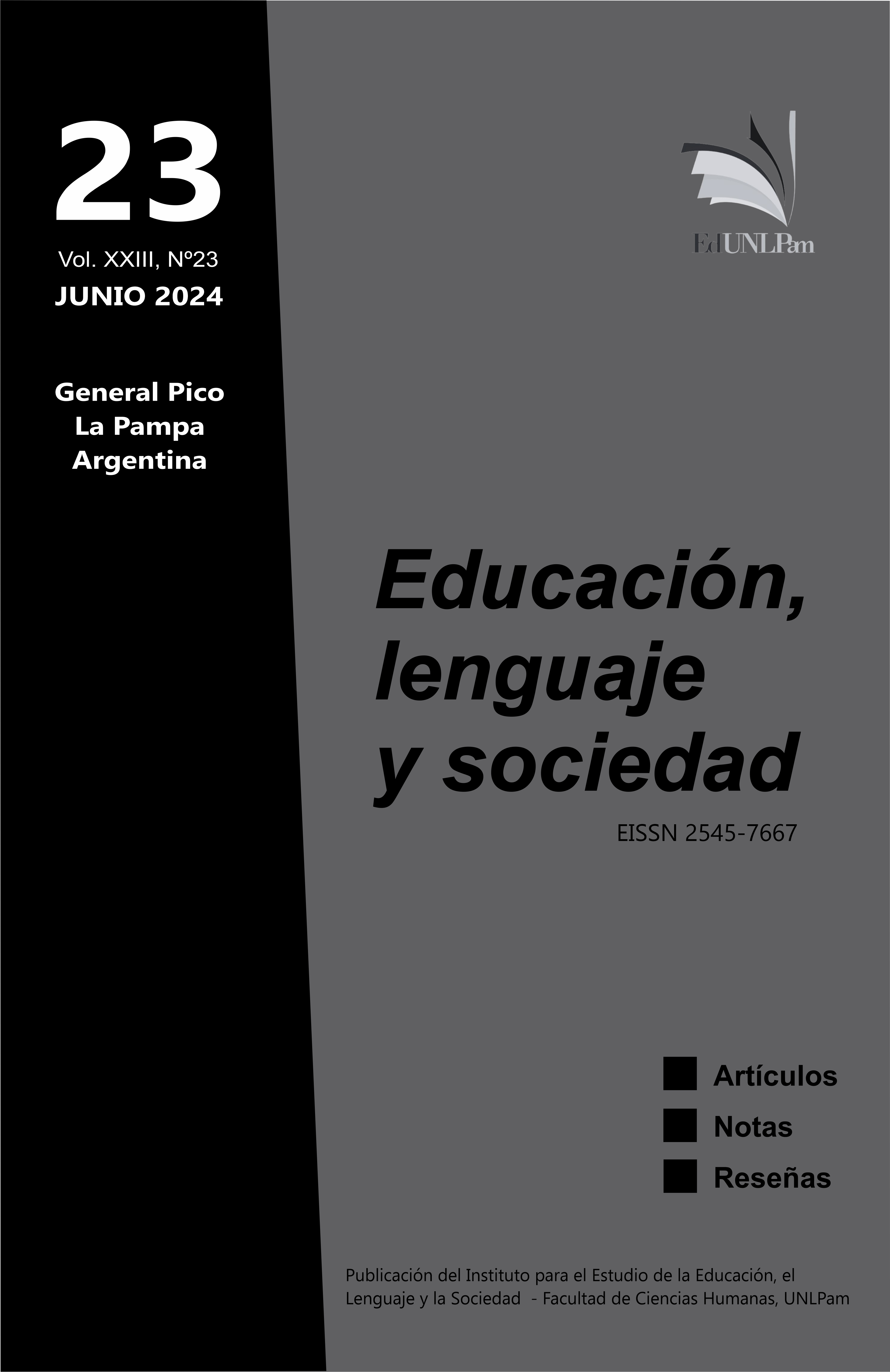To promote “strategic retention” in students of the first year of college. The case of the National University of General Sarmient
DOI:
https://doi.org/10.19137/els-2024-232305Keywords:
curriculum, first year of college, curricular justice, strategic retention, educational inclusionAbstract
The democratization of the university level focuses on the expansion and the diversification of the social bases of the university promoted by the creation of local universities. However, access does not imply retention or graduation. Indeed, the consequences of the segmentation of the educational system at the secondary level and the economic, social and educational inequalities of origin
cause, in some students, low intensity learning that can lead to lagging behind or dropping out.
The article analyzes two curricular devices for the first year of college proposed by the same institution at different times. The analysis is framed in curricular dimensions, justice models and in the device as recontextualization and concretion of a public educational policy for inclusion.
The case of the National University of General Sarmiento (UNGS) is explored as a space of transition, around the first year of. Especially, the University Preparation Course “Curso de Aprestamiento Universitario” -CAU- in force since the beginning of the university in 1993, and the Access and Support Program for undergraduate students “Programa de Acceso y Acompañamiento a los
estudiantes de grado y pregrado” -the Program- having been approved in 2019.










21.png)







